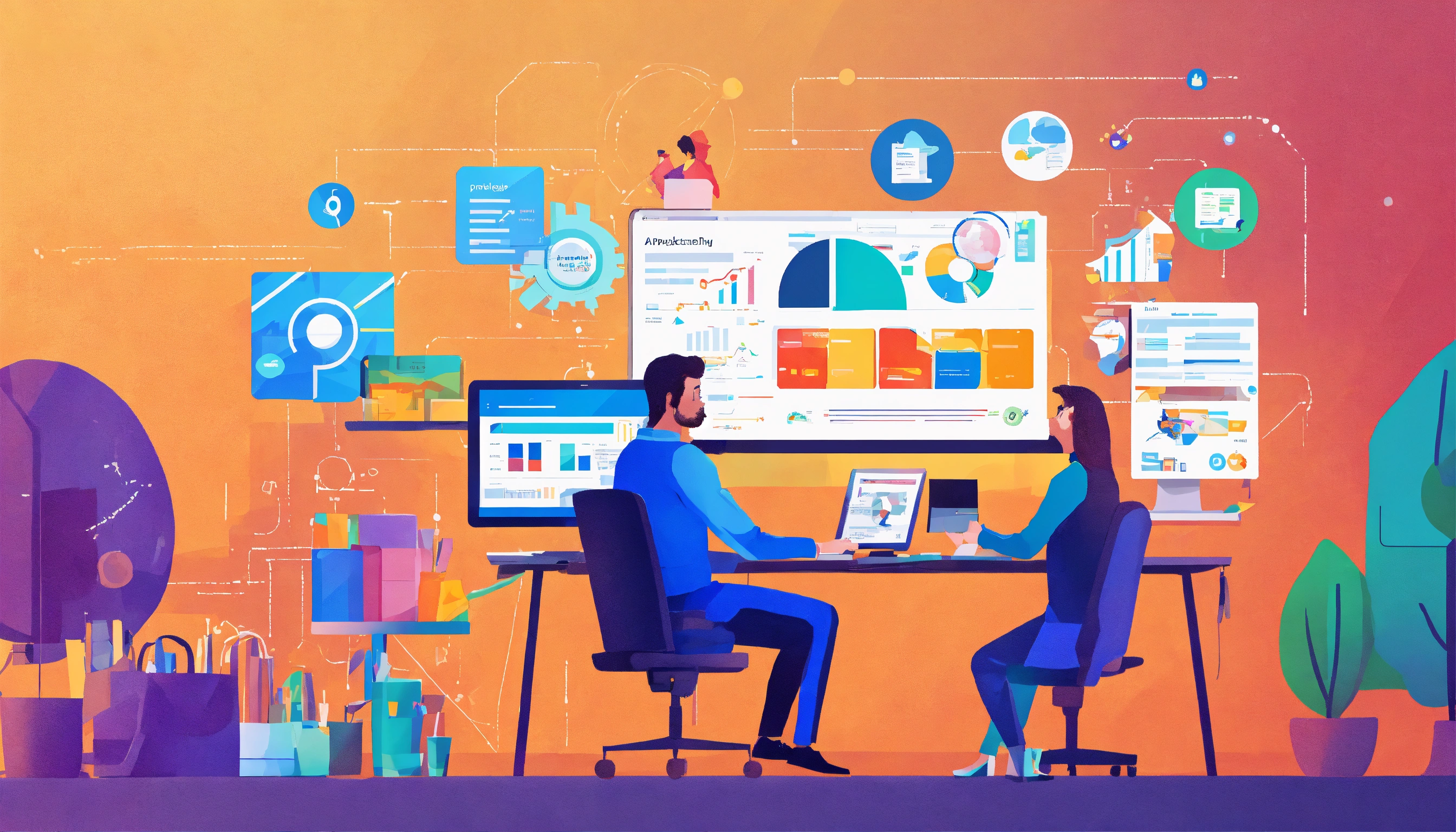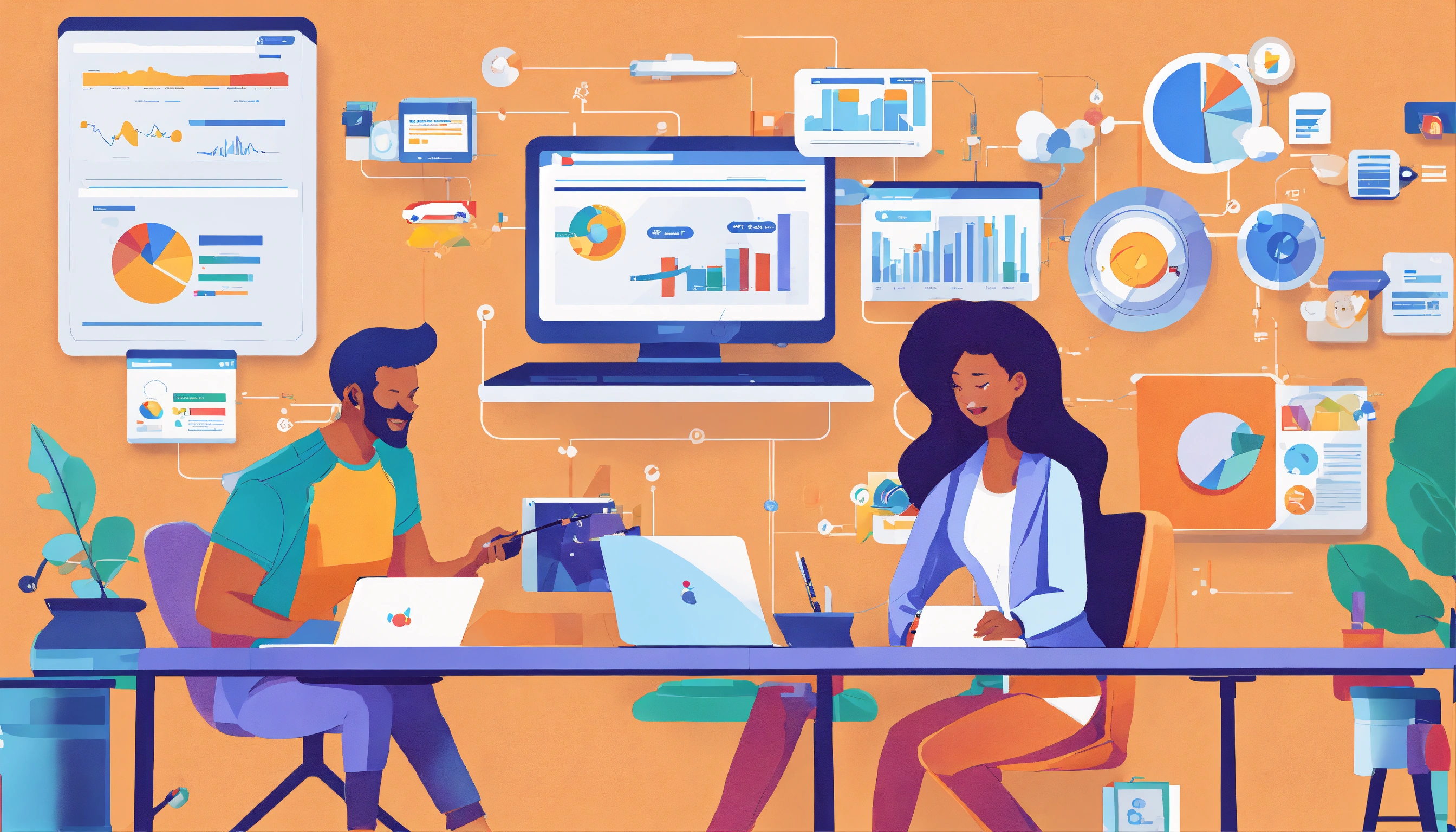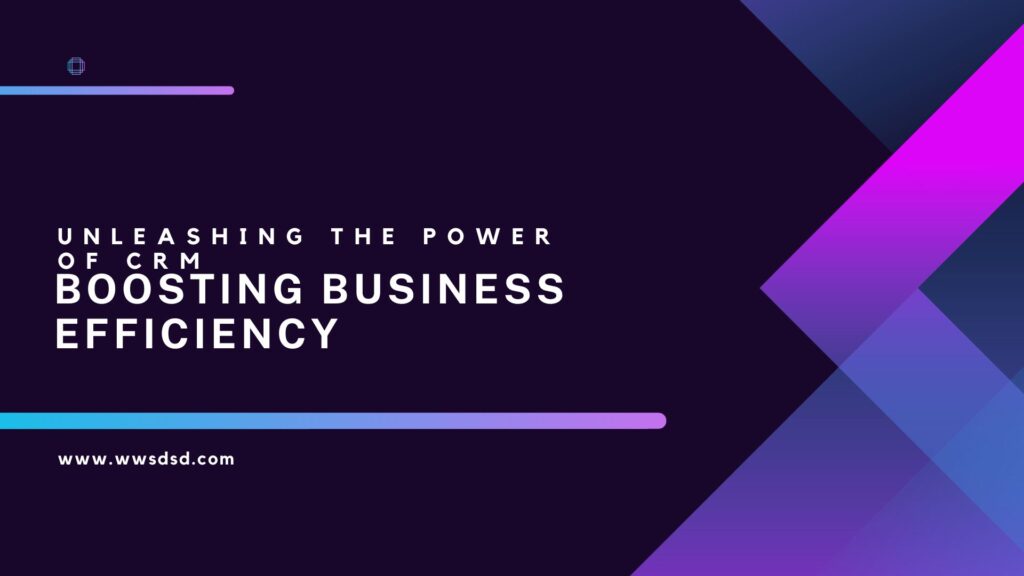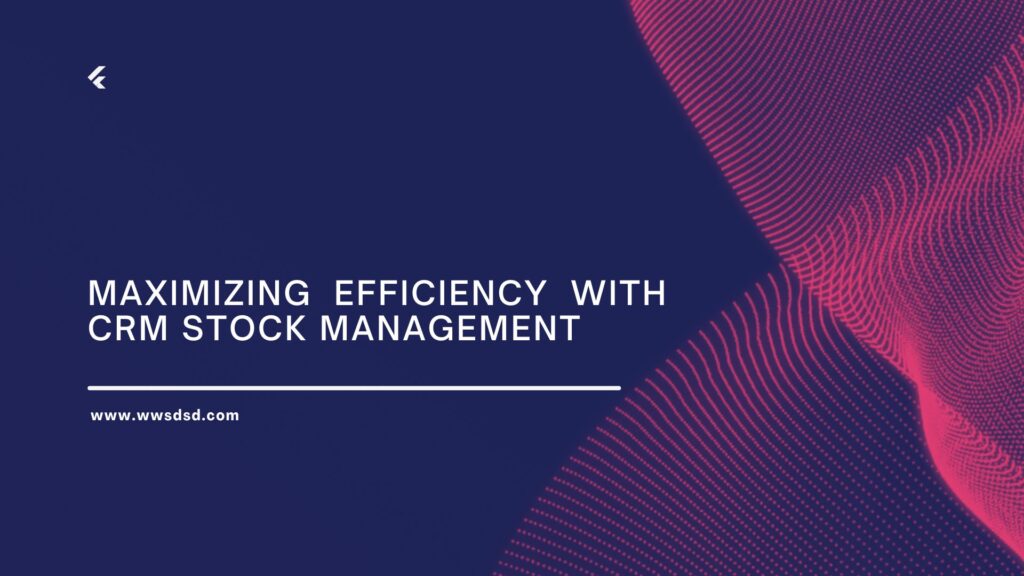In today’s competitive business environment, companies of all sizes rely heavily on software systems to streamline operations, enhance customer experiences, and improve profitability. Two essential systems in this digital transformation are Customer Relationship Management (CRM) and Enterprise Resource Planning (ERP). While both play crucial roles in a company’s success, they serve different purposes and are often confused. This article will explore the differences between CRM and ERP, their unique benefits, and how to determine which system your business needs.
What is CRM?
CRM, or Customer Relationship Management, is a system designed to manage a company’s interactions with current and potential customers. CRM software helps businesses improve customer relationships through data analysis, communication tracking, and task automation. It typically includes features for contact management, sales management, customer service, marketing automation, and analytics.
Key Benefits of CRM:
- Enhances customer retention through personalized communication.
- Increases sales by managing leads and opportunities efficiently.
- Improves customer service with detailed client histories.
- Automates marketing efforts and tracks campaign effectiveness.
What is ERP?
ERP, or Enterprise Resource Planning, is a software solution that integrates and manages core business processes in real-time. ERP systems cover a wide range of functions, including finance, supply chain, manufacturing, human resources, and procurement. The main goal of an ERP is to streamline operations, reduce costs, and provide a unified view of business performance.
Key Benefits of ERP:
- Improves efficiency by automating and integrating business processes.
- Provides accurate, real-time data for better decision-making.
- Enhances collaboration between departments.
- Reduces operational costs through streamlined workflows.
CRM vs. ERP: Key Differences
- Purpose: CRM focuses on managing customer relationships and driving sales, while ERP focuses on managing business operations and resources.
- Users: CRM is typically used by sales, marketing, and customer service teams. ERP is used by a broader range of departments including finance, HR, manufacturing, and logistics.
- Functionality: CRM supports front-office functions (customer-facing), whereas ERP supports back-office functions (internal operations).
Do You Need CRM, ERP, or Both?
The choice between CRM and ERP depends on your business needs:
- If your primary goal is to grow your customer base, improve customer service, and increase sales, a CRM system is essential.
- If your focus is on improving internal processes, managing inventory, or handling accounting and payroll, an ERP system is more appropriate.
- Many businesses find that integrating both systems provides the most comprehensive solution, aligning customer-centric and operational objectives.
Conclusion
Both CRM and ERP systems are valuable tools that serve distinct but complementary purposes. Understanding the differences and benefits of each can help you make an informed decision about which solution best suits your business needs. By investing in the right system, or a combination of both, your business can achieve greater efficiency, improved customer satisfaction, and long-term growth.



